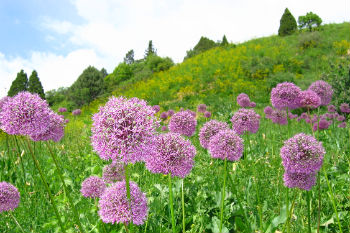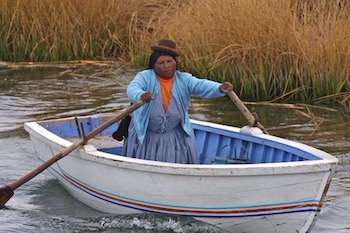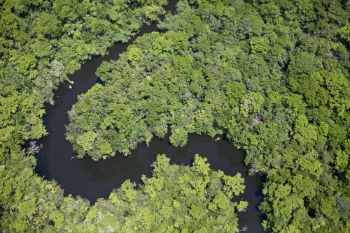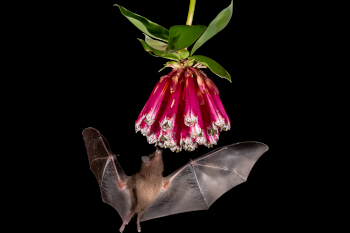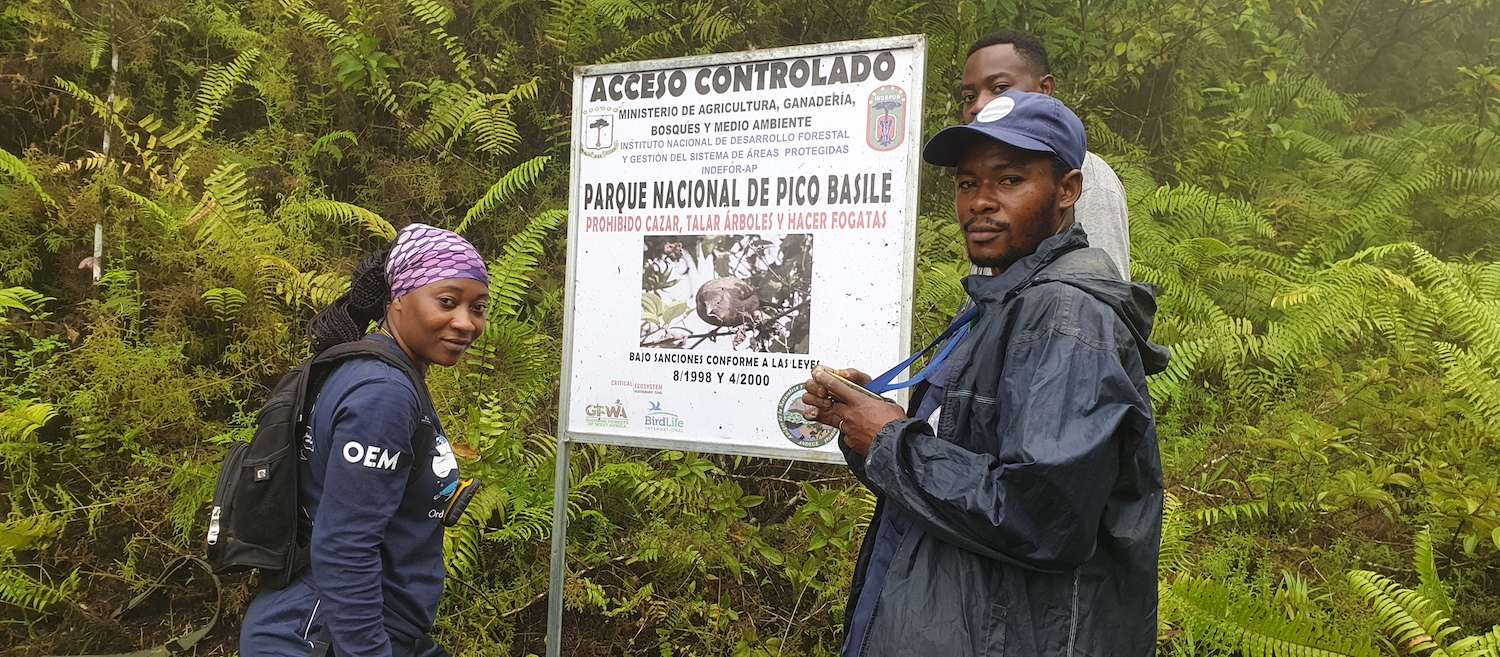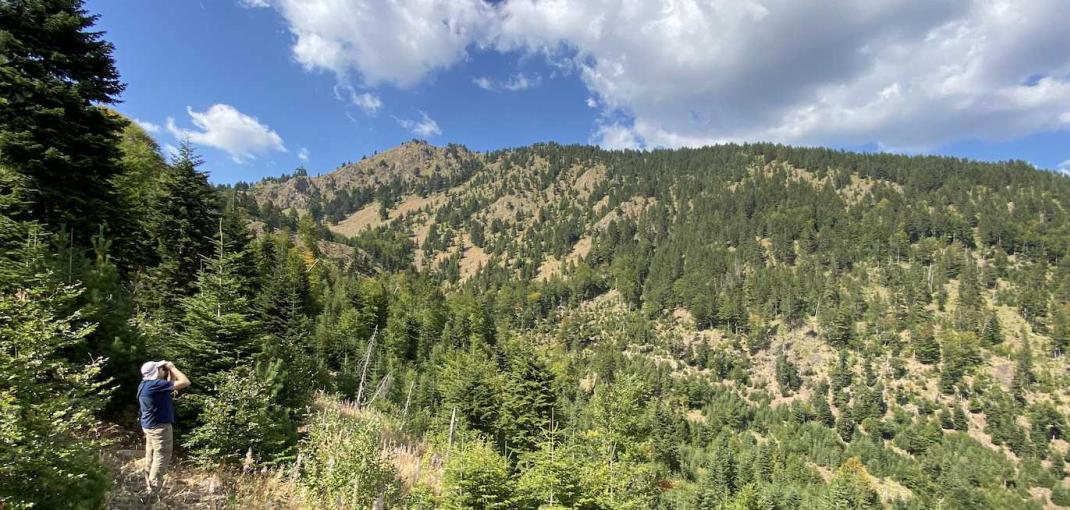Main menu
CEPF is a joint initiative of l’Agence Française de Développement, Conservation International, the European Union, Fondation Hans Wilsdorf, the Global Environment Facility, the Government of Canada, the Government of Japan and the World Bank. A fundamental goal is to ensure civil society is engaged in biodiversity conservation.
Visitez le site français コア情報の日本語翻訳を読むOr use Google Translate to translate the English site to your language:
GTranslate
Plan Points Equatorial Guinea Park to Brighter Future
Improved management will help staff address threats
22 August 2022
22 August 2022
The Pico Basilé National Park, created in 2000, is located in the northern part of Bioko Island. The park covers 32,256 hectares that include dense rainforest and unique species, four globally threatened primates among them. It is the main source of drinking water for the capital city of Malabo. It is also threatened by illegal hunting and indiscriminate and uncontrolled logging.
CEPF grantee Organización No Gubernamental Amigos de la Naturaleza y del Desarrollo de Guinea Ecuatorial (ONG ANDEGE) stepped in to help the park address these challenges, preparing a plan to safeguard threatened ecosystems and the services they provide to communities.
Managed under the jurisdiction of the National Institute of Forestry Development and Protected Areas Management (INDEFOR-AP), the park lacked a management plan, leaving park officials without the information or guidance they needed to tackle threats. The park’s 2019 baseline score on CEPF’s Management Effectiveness Tracking Tool (METT) was 38 out of 100, and the results clearly indicated actions that could be taken to improve the management of the park.
Using a participatory approach and a multidisciplinary team, ONG ANDEGE gathered the data needed to develop the management plan by conducting desk and field research, holding numerous planning and consultation meetings with stakeholders, conducting a socioeconomic assessment, and mapping the park boundaries, all while raising awareness among stakeholders.
“The management plan defines the priority actions to be carried out against the challenges and threats that weigh on the area in order to guarantee the life of the flora and fauna that inhabit it and improve the quality of life of the people that live in its vicinity,” said Domingo Mbomio Ngomo of ONG ANDEGE.
The biodiversity inventories documented the flora and fauna—including the Endangered Bioko Preuss’s monkey (Allochrocebus preussi insularis) and Endangered Bioko drill (Mandrillus leucophaeus poensis)—as well as the ecosystems where they are found and any apparent threats, which led to guidance on necessary conservation actions. The socioeconomic study focused on six local communities in the area, all of which rely on wild resources for medicine, food, fuel and shelter. The study gauged the communities’ level of dependence on forest resources and provided the information needed to guide resource use and conservation.
Key achievements of the project included mapping and boundary definition as well as zoning plans within the park to clarify types of use permitted. Finally, the project ensured broad consultation with park authorities and stakeholders.
Further funding and action will be needed to protect Pico Basilé National Park, but ONG ANDEGE has helped the park’s management take this first important step.
